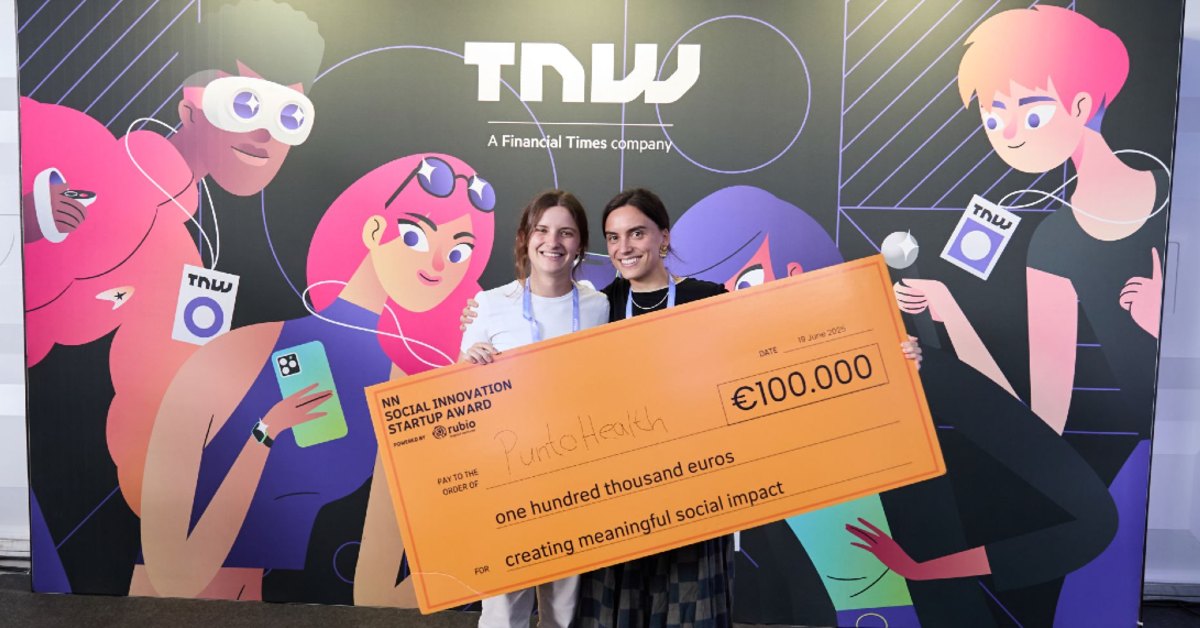Has Facebook become a fraudsters paradise? A couple of months back, we reported that the Dutch tycoon John de Mol sued the social media giant Facebook over ads promoting fake bitcoin investment opportunities by scammers. It’s worth mentioning that the ads featured John de Mol’s image to make it look like he supports the schemes.
Ruled in favour of De Mol!
On November 11, a Dutch court ruled in favour of De Mol, which means Mark Zuckerberg‘s Facebook has no choice but to clamp down on fraudulent Bitcoin ads. According to court, Facebook must act swiftly or pay a periodic penalty of €10,000 for each time de Mol’s image appears on the platform, which can amount to a maximum of €1.1 million.
Victims lost around €1.7 million!
The worst part is the victims who fell for the scam had lost up to €1.7 million. However, Facebook eventually removed fake ads but refused to give the advertisers data and ban them from both Facebook and Instagram. The fact that Facebook managed to curb ads of De Mol proves that it is technically possible to act more actively.
It’s a cat and mouse game!
Reportedly, Rob Leathern from Facebook said that it is impossible to stop fake advertisements completely. “It’s a cat and mouse game. If we come up with something to stop this type of advertisement, they’ll come up with something that will make the ads get through,” Leathern tells the ANP.
Scam ads reporting form starting next month!
In an exclusive interview with De Telegraaf Leathern, said that Facebook is actively working on combating misleading advertising but does not want to clamp down the advertising branch entirely. He added, “We want to remain an open platform in which it is possible for many people to advertise.”
He also stated that every advertisement appears on Facebook is checked in advance by computers. In case of inappropriate ads, the company employee will be asked to look at them. From next month, the social media platform would be making its scam ads reporting form available in the Netherlands as well.
Using fake celebrity endorsement to promote scam is prevalent across many countries. Those who are seduced into these scams lose their hard-earned money and reputations at the end. All said and done, the social media platform that publishes these fake ads needs to devise a new method to spot and shut them down quickly.
Main image credits: Denis Makarenko/Shutterstock
Stay tuned to Silicon Canals for more European technology news.










01
These are the top UK-based PR agencies for startups and scale-ups in 2025